France
A political analyst says president-elect of France, Emmanuel Macron is best placed to end the France-Africa political relationship popularly referred to as ‘Francafrique.’
According to Theophile Balima, Macron’s age puts him in a pole position to execute a plan that his two predecessors failed to achieve. The former minister of Economy, Industry and Digital Affairs formally takes office on May 14, 2017.
‘‘I think he is in a position to bring that end. First of all, he is young. He does not belong to the old generation. He has a few friends in the Mafiosi circles in Francophone Africa,’‘ Balima told the BBC.
‘‘When meeting African heads of state, some will be embarrassed to speak to a man who could be their son,’‘ he added.
Francafrique describes an informal web of relationships Paris has maintained with its former African colonies and its support, sometimes in the form of military backing, for politicians who favor French business interests.
Former President Nicolas Sarkozy and incumbent Francois Hollande also vowed to end the Francafrique policy, but both kept France deeply involved in African politics and security matters.
‘‘A head of State in a situation of bad governance … could not count on Macron to mobilize the French army to quash a rebellion in a military barracks,’‘ he stated.
Emmanuel Macron was elected new French president in a hotly contested second round election on May 7, 2017.
Under the auspices of the En Marche! Movement, the 39-year-old trounced his far-right opponent Marine Le Pen, by 65 percent of votes cast against Le Pen’s 35 percent.
Macron, a former banker with no political experience becomes the youngest president in the country’s history at only 39 years. An estimated 47 million voters cast their ballot in the second round of elections.
The defeated opponent, Ms. Le Pen had not minced words about her dislike for the Francafrique arrangement during a campaign trip to Chad in March this year.
“It was only in coming here and explaining that I am able to get around the lies of my political adversaries who don’t want Africa to hear me,” she said at a news conference in N’Djamena.
“I’ve come to condemn the policy of Francafrique that they’ve carried out. I have come to say I will break with this policy,” she said.
Francophone African leaders often pay visits to France where they are seen holding meetings with their French counterparts.
France’s involvement in their former colonies is tied to the fight against terrorism especially in the Sahel region and the cushioning that it provides to the CFA Franc by way of a currency policy backed by the French treasury. The CFA franc is used in 14 west and central African nations.



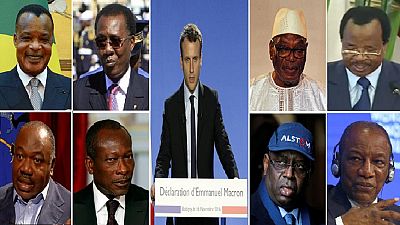

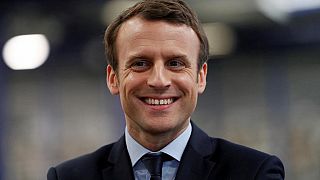

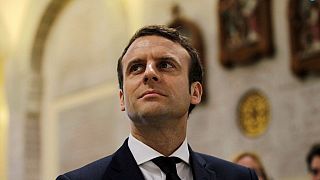
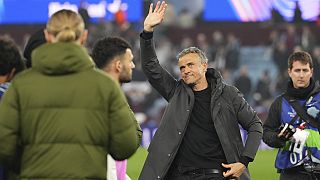
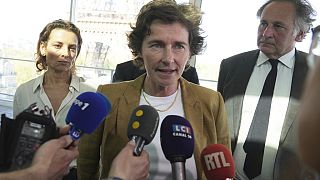



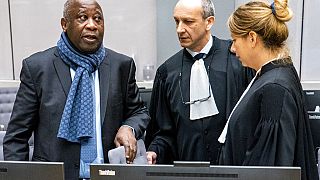
Go to video
Macron visits Madagascar as he seeks to bolster economic cooperation
Go to video
Emmanuel Macron starts two-day visit to Madagascar
01:16
Africa mourns Pope Francis, a voice for peace and justice
01:14
ECOWAS Meets in Ghana to Tackle Member Withdrawals
Go to video
France expels 12 Algerian officials amid diplomatic tensions
Go to video
EU foreign ministers discuss Ukraine, Syria and EU-African relations in Luxembourg.